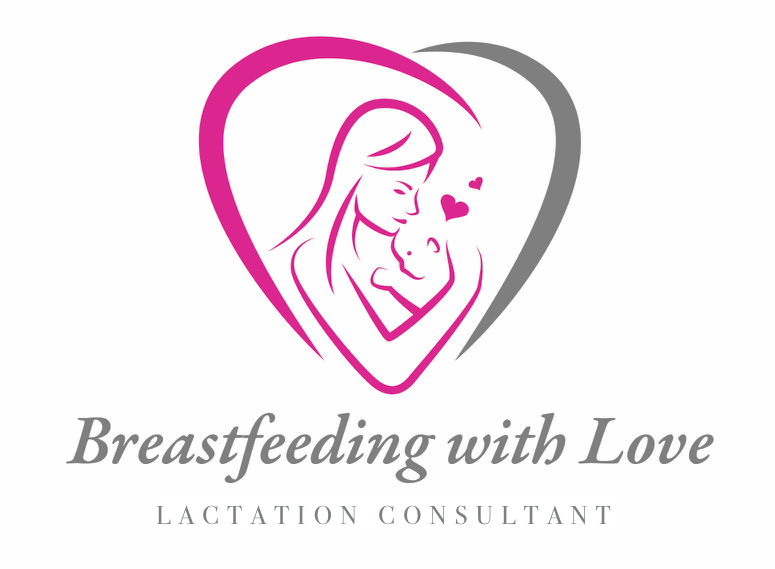How Critically IIl Babies Benefit Most From Breastfeeding
Breast milk is the most nutritional food you can feed your baby in the NICU. It is filled with nutrients, vitamins, and antibodies that can help a NICU baby get stronger and healthier. "The immunological and anti-inflammatory properties of human milk are especially important for the critically ill, infants in our intensive care units," said DianeL. Spitz, nurse researcher and director of the Lactation Program at theChildren's Hospital of Philadelphia, CHOP.Some babies will be able to breastfeed during their stay in the NICUwhile other babies will need breast milk fed to them through their feeding tubes or bottle.I have had the experience of having two sons who were in the NICU. I remember going home and pumping my breast milk every three hours at home and sending the bottles with my husband for our baby in the NICU and they fed it to him through his feeding tube. One of our sons spent four weeks in the NICU. I had to teach him how to breastfeed when I came home. If you need to pump for a while for your NICU baby, I highly recommend a hospital grade pump or a good electric pump.Many insurance companies are now paying for you to get a pump through the Affordable Care Act. After you give birth, call your insurance company and see if you can get one.Some of them are worth close to three hundred dollars, well worth the call. Try to pump in a comfortable place, eat and drink well, find time to rest. This will all help your milk production. Whatever you pump for your baby is so important to bring to the hospital because this breast milk is specially designed for babies in the NICU. It has more infection-fighting substances in the milk. Ask a Lactation Consultant for help in the hospital while your baby is in the NICU. Once you come home, you may want to call a Lactation Consultant, such as myself, at least one time to help you breastfeed.A Lactation Consultant may recommend you use a nipple shield, a soft silicone nipple placed over the mother's nipple sometimes used to help premature babies. Additionally, a Lactation Consultant can help weigh your baby before and after to see how much your baby is eating. Your pediatrician may recommend supplementation for a while. As the baby gets stronger and bigger, supplementation will be decreased and possibly be discontinued. A Lactation Consultant can also go over Kangaroo Care, placing your baby on your chest skin to skin. This will help warm the baby and comfortable by hearing mom's familiar heartbeat and breathing. In conclusion, don expects breastfeeding to be perfect at first. Your baby has spent time in the NICU and there needs to be a period of adjustment for both of you when the baby comes home.Your baby will benefit from any amount of breast milk you can produce. Breastfeeding is a personal decision. You need to make the right decision for you and your baby.

